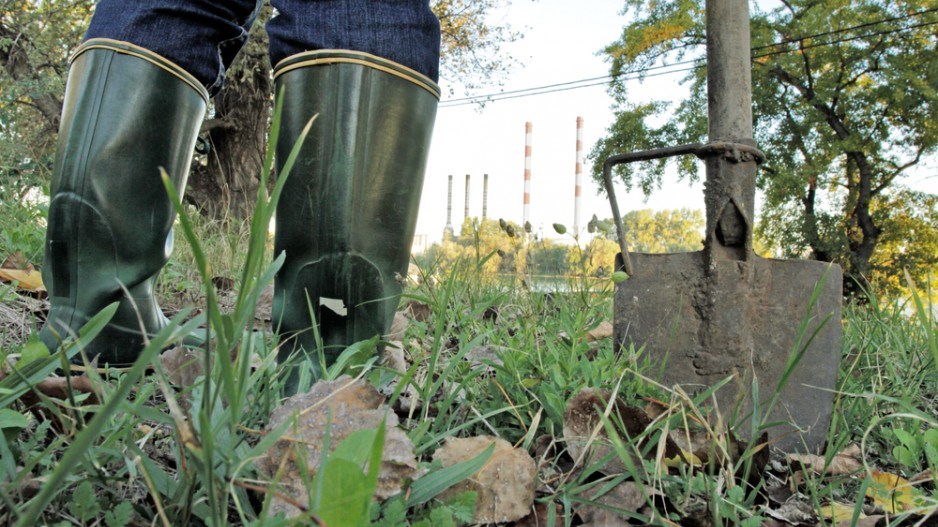“Peak farm land”
To appreciate how deep the pressure on industrial land in Metro Vancouver is, consider that Pacific Land Resource Group Inc. sought the exclusion of 225 acres adjacent to Gloucester Industrial Estates in Langley for the proposed West Abbotsford Industrial Park.
Abbotsford Mayor Henry Braun backed the bid, but in late January the Agricultural Land Commission rejected the proposal on the grounds that “the potential to use land for alternate land uses” wasn’t a convincing excuse for its exclusion. Rather, such an application was more appropriate coming from the city “as part of a broad planning review.”
While the decision is cold comfort to industrialists, it underscores a claim that Lenore Newman, director of the Agriburban Research Centre at the University of the Fraser Valley, made to an audience at the annual Pacific Agriculture Show at the end of January that we’re living in an era of “peak farmland.”
Newman based her claim on a belief that most of Earth’s surface suitable for farming has been cultivated, and that 40% is vulnerable to poor management by farmers and others.
“It has to be managed well,” she said. “Right now, it’s being managed locally, at best.”
So, what did Newman tell farmers to do? Head to the cities!
She sees opportunities to grow food on rooftops, particularly in greenhouses.
Despite the failure two years ago of Alterrus Systems Inc.’s greenhouse venture atop a city-owned parkade in downtown Vancouver, Lufa Farms Inc. in Montreal is showing the model’s potential.
Newman isn’t far off the mark with her call.
Speaking to the local chapter of the Urban Land Institute (ULI) last November, Andrew Warren, director of real estate research with PwC in Iowa – who pens the ULI’s annual Emerging Trends in Real Estate report – identified urban farming as a growing use for industrial properties.
“Food is getting bigger and closer,” he said. “Urban farming in old industrial buildings, … [there’s] a lot of technology behind that; we think that will really take off in the next five years.”
Policy disconnect
Yet if Vancouver policies support urban farming, bylaws and regulations are another matter.
One’s home might be one’s castle, but it’s still subject to the law of the land, especially if the neighbours complain.
The situation has long been a bugbear of urban agriculturists, and despite pledges by city councillors over the past five years, the issue remains unresolved.
“They’re legally not able to farm,” Marcela Crowe, executive director of the Vancouver Urban Farming Society, told listeners at the Pacific Agriculture Show.
Crowe said the city is “pretty close to something being potentially passed by council,” but this leaves the 18 urban farms operating in the city unable to obtain a business licence (unlike shops selling medical marijuana, a product that many Lower Mainland municipalities want produced in industrial settings without the agricultural tax exemptions for which the province says they’re eligible).
City staff confirmed that council is set to receive and consider a new policy by month’s end “to support and better enable urban farming,” but it will be limited to recommendations; bylaws and an actual business licence legitimating urban farms remain some ways off.
Staff also declined to address other issues facing urban farms, such as compliance with civic zoning and fire code.
Speaking after Crowe’s presentation, Ben Newman of permaculture startup Out of the Box said costs to establish a proposed farm in five converted shipping containers on a downtown lot have soared to $1.2 million from $350,000 in the face of city requirements.
While policies encourage such innovation with the aim of making Vancouver the world’s greenest city by 2020, regulations have extended the payback period required.
“Sometimes it’s not smart what the city is doing, but it’s real,” Newman quipped. •




